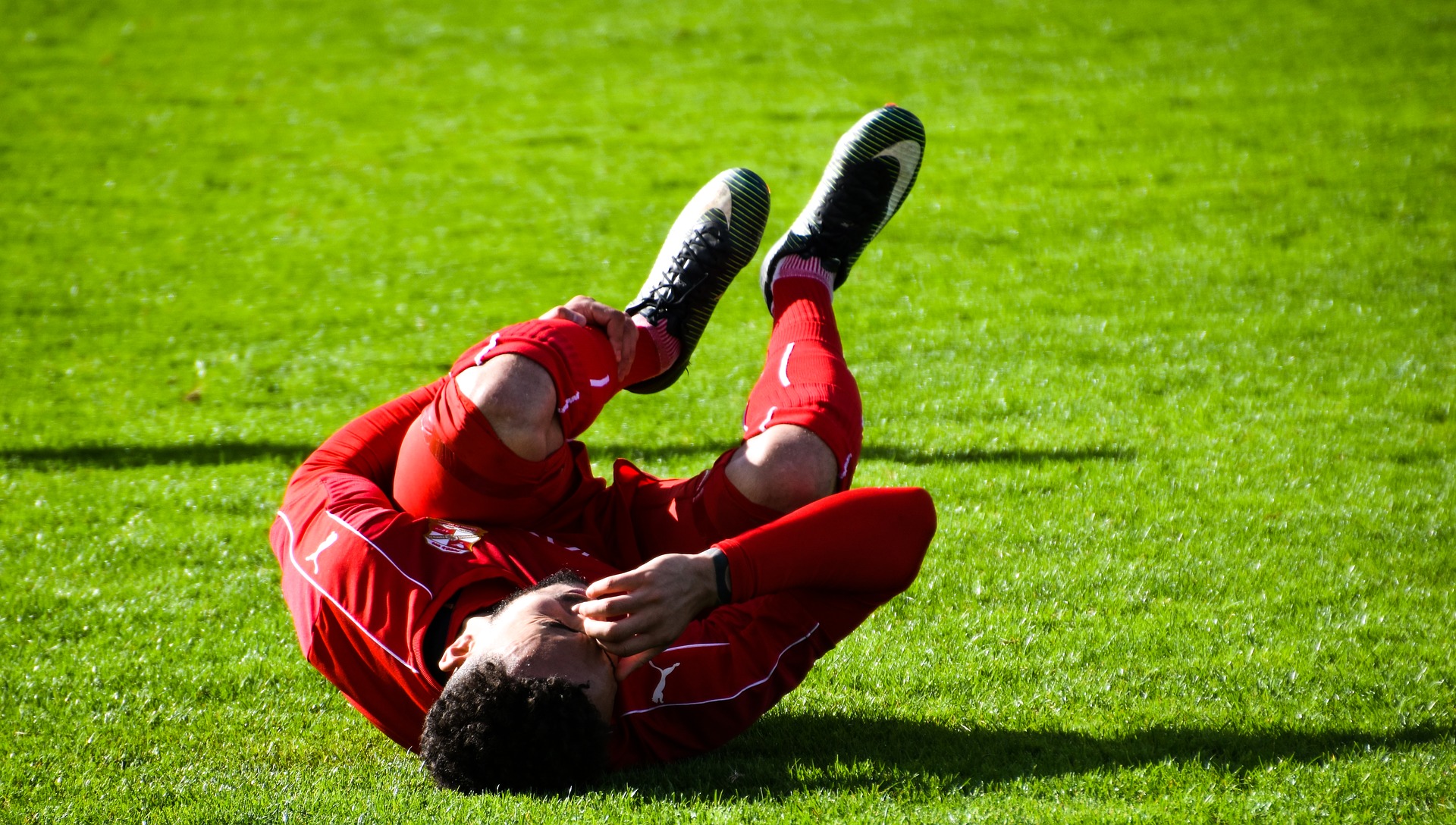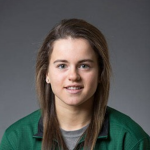Anyone that has torn an ACL, or has heard a story of someone who has, knows of the one sound that while small and quiet, has the power take down the strong and mighty. One small movement, causing one small dreaded pop, leading to one huge injury and recovery.
I was only two games into my freshman year when I found myself laying in the turf, hands hugging my left knee and eyes swelling up with tears at the very end of practice. And by the very end, I mean the last 30 seconds. 30. Seconds.
It was a rainy, cold day in February and I decided to break in a brand new pair of cleats. As I dodged to goal in those last 30 seconds, I took two steps above the crease, and in an attempt to roll back around my defender, felt my body move forward while my knee stayed behind. After feeling my knee lose its stability, and hearing that ominous, dreaded pop, I immediately knew something was wrong.
After a few days of deliberation between my trainer, my doctor, and my worried parents, I was told I completely tore my ACL and would need surgery if I wanted to play again. Knowing that every day I waited would be a day longer that I would have to wait to return to the sport I loved, I immediately scheduled the surgery.
I worked tirelessly to get back onto the field. I set up a grueling PT schedule and centered in on other parts of my game and skill set that I could improve. I continued to lift with the team and build my strength, while also working extra on my stick skills and accuracy of shooting. Finally, I was able to get back on the field and play for the girls to my right and left.
Fifteen months later, towards the end of my sophomore season, I found myself in that same position on the turf, this time with my hands clenching my right knee. I did it again.
Even though whenever I talk to people about my experience playing lacrosse at Dartmouth my injuries inevitably come up, I’ve never wanted my injuries to define me or my time here. Very recently I was asked the question – given your time spent injured what role do you think you play on your team?
Post-op my freshman year I would have definitely struggled to answer this question. Not having been on the team for very long, I still had a lot to learn about my individual role on the team and about the team itself. As a freshman observer on the sideline, I felt more afraid to share thoughts or advice I had for my teammates. I didn’t know yet how my team would respond to my perspective. After nine months, I did get a little more comfortable sharing my perspective. However, after tearing an ACL for the second time and reflecting on the first recovery, I realized how wrong I was to sit back and mostly focus on myself and my own progress.
I now understand that taking advantage of the opportunity to share your knowledge is valuable. You have to find your voice and not be afraid to share your ideas and your perspective. I play on a team filled with women who will respect my ideas and want to know anything possible to get better. They inspire me every day through how hard they work to make each other better. If I have anything I can lend to their progress and our team’s improvement, I need to. It’s a waste of time otherwise. They are putting in their maximum effort and focused on their mission on the field. I get to take a step back, observe their hard work, and evaluate what is working and what is not. Even while on the sideline, it is so important to constantly look for ways to contribute and continue to serve the team and the mission. Now, in the first few months of this recovery, I feel more motivated than ever. I urge anyone who is in a similar position to take what they’ve learned, observed, and experienced off the field and share that with others because you have the chance to make a real difference on your team.
In the past two years, I’ve gained a strong appreciation for my teammates, my trainers, my coaches, my family, and everyone that has made up an amazing support system. I have teammates checking in with me constantly and a trainer that does wall-sit competitions with me and designs obstacle courses for me to make recovery as bearable as and as fun as rehab could be. I have coaches that would take the time they didn’t have, when I told them how frustrated I was that I couldn’t be competing with the team, to make up weekly stick-skill timed tests and stay after practice with me to support me during them. I have a strength coach who comes in on our off days to work extra with me to build back my strength. I have my family that offered me the unconditional love and support that I needed to get through each injury.
So, while this journey has not been easy, sometimes filled with frustration and anger, I’ve gained knowledge and a sense of gratitude that truly believe I would not have fully realized otherwise. This process served as reminder of why I play and who I am as an athlete. I realized I’m someone who needs competition and loves this sport because of the internal feeling of joy it gives me, the life skills it has taught me, and the people it’s introduced me to who I hope and plan to keep in my life.


